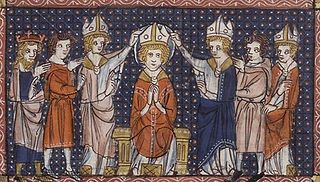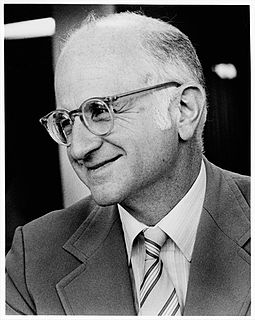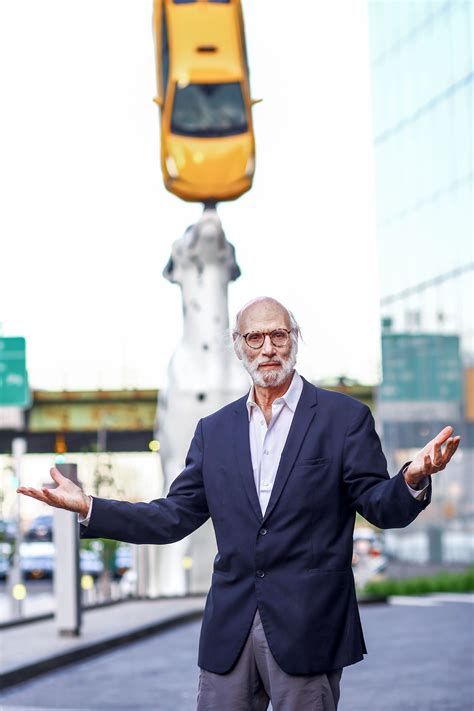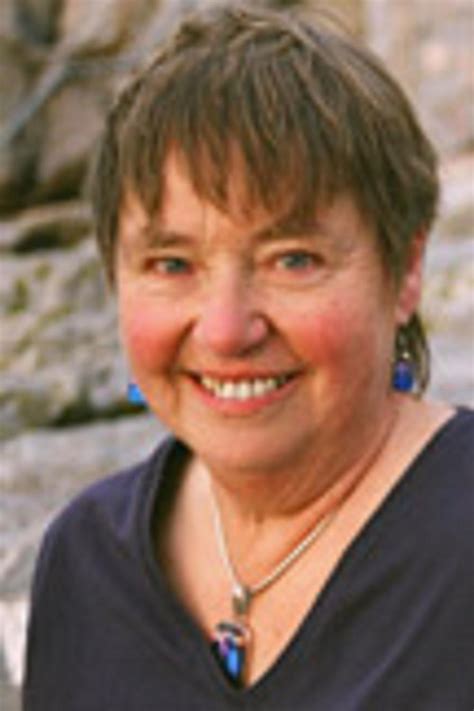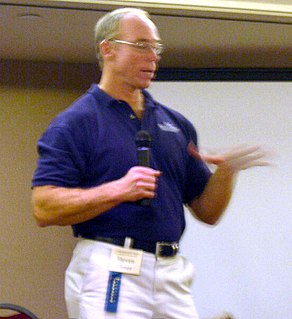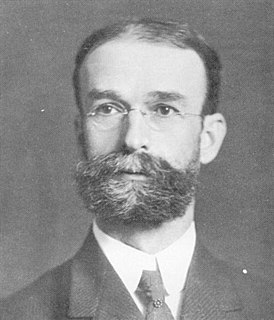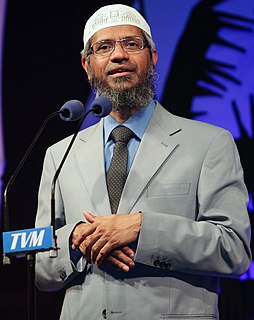A Quote by Petr Skrabanek
Medicine is not about conquering diseases and death, but about the alleviation of suffering, minimising harm, smoothing the painful journey of man to the grave.
Related Quotes
The world is full of suffering. Birth is suffering, decre- pitude is suffering, sickness and death are sufferings. To face a man of hatred is suffering, to be separated from a beloved one is suffering, to be vainly struggling to satisfy one's needs is suffering. In fact, life that is not free from desire and passion is always involved with suffering.
[Tho]ugh death be a dark passage; it leads to immortality, and that is recompense enough for suffering of it. And yet faith lights us, even through the grave....And this is the comfort of the good, and the grave cannot hold them, and they live as they die. For death is no more than a turning of us over from time to eternity.
There are some arts which to those that possess them are painful, but to those that use them are helpful, a common good to laymen, but to those that practise them grievous. Of such arts there is one which the Greeks call medicine. For the medical man sees terrible sights, touches unpleasant things, and the misfortunes of others bring a harvest of sorrows that are peculiarly his; but the sick by means of the art rid themselves of the worst of evils, disease, suffering, pain and death.
She said, "It's not life or death, the labyrinth." "Um, okay. So what is it?" "Suffering," she said. "Doing wrong and having wrong things happen to you. That's the problem. Bolivar was talking about the pain, not about the living or dying. How do you get out of the labyrinth of suffering?... Nothing's wrong. But there's always suffering, Pudge. Homework or malaria or having a boyfriend who lives far away when there's a good-looking boy lying next to you. Suffering is universal. It's the one thing Buddhists, Christians, and Muslims are all worried about."
The real thing is not the goal, the real thing is the beauty of the movement. The real thing is not reaching, the real thing is the journey. Remember, the real thing is the journey, the very traveling. It is so beautiful, why bother about the goal? And if you are too bothered about the goal, you will miss the journey, and the journey is life - the goal can only be death.
I still believe that, in the long run, the aggregate of the decisions of individual businessmen, exercising individual judgment in a free economy, even if often mistaken, is likely to do less harm than the centralized decisions of a Government; and certainly the harm is likely to be counteracted faster. As I said earlier in this debate, our economic medicine may be painful but it is fast and powerful because it can act freely.





















